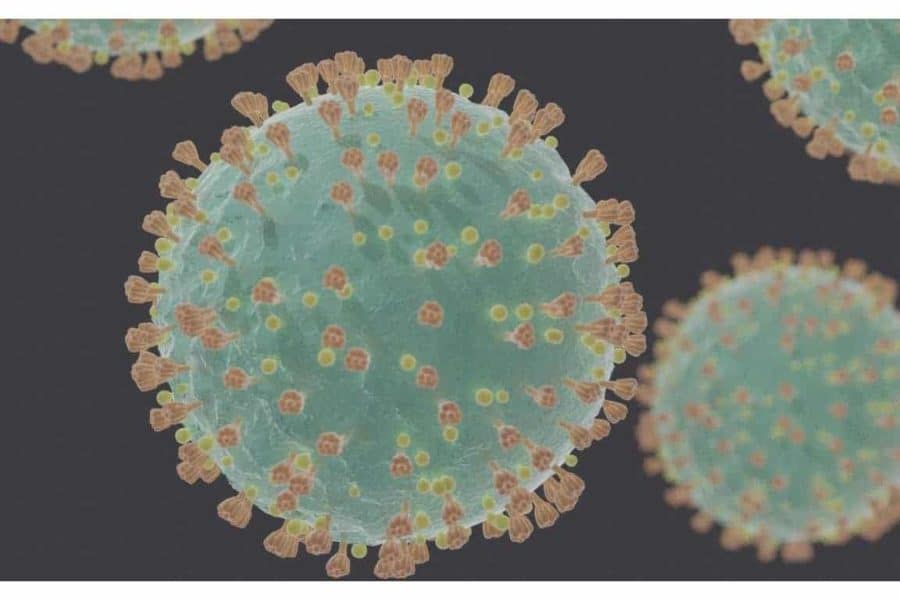FINDINGS
A study by UCLA researchers shows that in people with mild cases of COVID-19, antibodies against SARS-CoV-2 — the virus that causes the disease — drop sharply over the first three months after infection, decreasing by roughly half every 73 days. If sustained at that rate, the antibodies would disappear within about a year.
BACKGROUND
Previous reports have suggested that antibodies against the novel coronavirus are short-lived, but the rate at which they decrease has not been carefully defined. This is the first study to carefully estimate the rate at which the antibodies disappear.
METHOD
The researchers studied 20 women and 14 men who recovered from mild cases of COVID-19. Antibody tests were conducted at an average of 36 days and 82 days after the intial symptoms of infection.
IMPACT
The findings raise concerns about antibody-based “immunity passports,” the potential for herd immunity and the reliability of antibody tests for estimating past infections. In addition, the findings may have implications for the durability of antibody-based vaccines.
AUTHORS
F. Javier Ibarrondo, Dr. Jennifer Fulcher, Dr. David Goodman-Meza, Julie Elliott, Christian Hofmann, Mary Hausner, Kathie Ferbas, Dr. Nicole Tobin, Dr. Grace Aldrovandi and Dr Otto Yang, all of UCLA.
JOURNAL
The research is published in the peer-reviewed New England Journal of Medicine.
FUNDING
The AIDS Healthcare Foundation, the Doris Duke Charitable Foundation, the National Institutes of Health, the James B. Pendleton Charitable Trust and the McCarthy Family Foundation funded the study.


